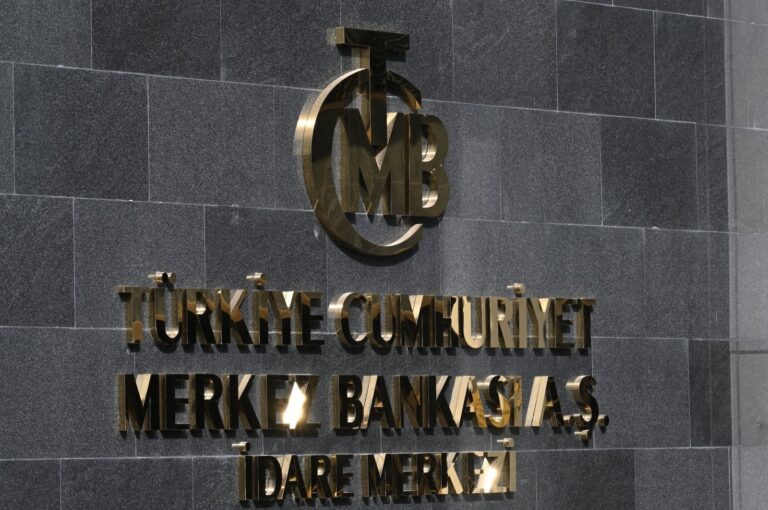
In a surprising move that sent shockwaves through the financial markets, The Central Bank of the Republic of Turkey raised the interest rate to a staggering 42.5%. This unprecedented decision has left economists, investors, and the general public on edge, contemplating the potential implications for the Turkish economy. In this comprehensive analysis, we delve into the reasons behind this bold move, its potential consequences, and the broader economic context.
Understanding the Decision
The Central Bank of the Republic of Turkey’s decision to raise the interest rate to 42.5% has sparked intense debate among financial experts. To comprehend the rationale behind this drastic measure, we must examine the economic challenges faced by Turkey. The country has been grappling with soaring inflation rates, a volatile currency, and external pressures that necessitated a bold response.
Inflationary Pressures
One of the primary drivers behind the decision was the persistent issue of inflation. Turkey has been experiencing elevated inflation rates, eroding the purchasing power of its citizens and creating economic instability. The Central Bank’s move to raise interest rates is a proactive step to curb inflation and restore confidence in the Turkish lira.
Currency Volatility
The Turkish lira’s volatility on the international stage has been a cause for concern. A depreciating currency can lead to a host of economic challenges, including higher import costs and increased inflation. By raising the interest rate, the Central Bank aims to stabilize the currency and attract foreign capital, bolstering Turkey’s economic position.
Implications for the Economy
The decision to increase the interest rate to 42.5% will undoubtedly have far-reaching consequences for the Turkish economy. While the move is intended to address existing challenges, it also raises questions about its impact on various sectors.
Economic Growth
One of the immediate concerns is the potential impact on economic growth. High-interest rates can dampen consumer spending and business investments, leading to a slowdown in overall economic activity. The Central Bank faces the delicate task of balancing the need for inflation control with the imperative of sustaining economic growth.
Financial Markets
The announcement had an immediate impact on financial markets, with stock prices experiencing volatility and currency markets reacting swiftly. Investors are closely monitoring the situation, assessing the long-term implications for their portfolios. The Central Bank’s decision adds an element of uncertainty to an already complex global economic landscape.
Global Perspectives
The Central Bank of the Republic of Turkey’s decision to raise the interest rate to 42.5% is not isolated from broader global economic trends. As countries navigate the challenges posed by the post-pandemic recovery, Turkey’s move raises questions about the potential ripple effects on the international stage.
Emerging Markets
Turkey’s decision may influence other emerging markets facing similar economic challenges. The response of global investors to the interest rate hike could set a precedent for how other nations address inflation and currency stability. The interconnected nature of the global economy means that events in one country can have far-reaching consequences.
Central Bank Policies
Central banks worldwide are closely monitoring each other’s policies, and Turkey’s bold move will undoubtedly be scrutinized. The success or failure of this strategy could shape future decisions by other central banks grappling with economic uncertainties. The global financial community will be watching closely to gauge the effectiveness of such a drastic interest rate hike.
Conclusion
The Central Bank of the Republic of Turkey’s decision to raise the interest rate to 42.5% marks a pivotal moment in the country’s economic history. While the move is aimed at addressing pressing issues like inflation and currency volatility, its consequences are multifaceted and extend beyond Turkey’s borders. As the world watches the outcomes of this bold strategy, the financial landscape is sure to see shifts that will reverberate across markets and economies. The Central Bank of the Republic of Turkey raised the interest rate to 42.5%, and the repercussions of this decision will unfold in the coming months, shaping the economic trajectory of the nation and influencing global economic trends.